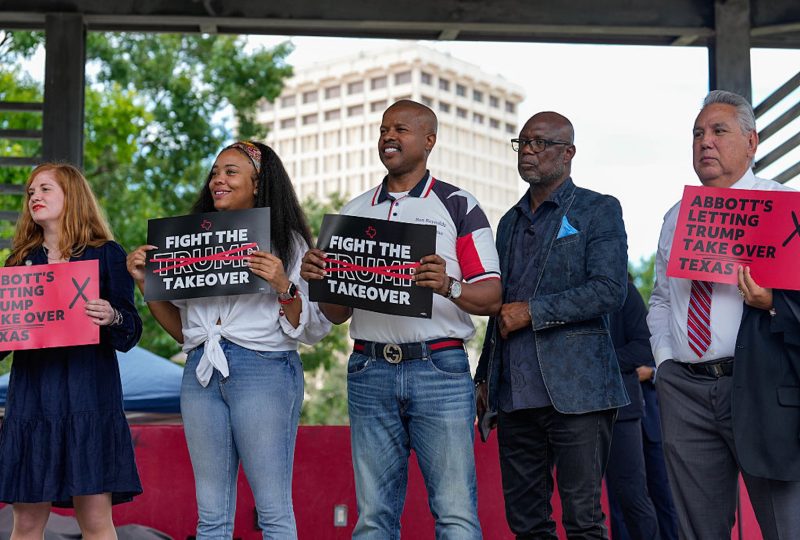
Growing up, I always assumed congressional redistricting was a straightforward, ten-year process following the Census. I understood past injustices, like the exclusion of minority representation, and believed the country was striving for non-partisan districts. This naive view shattered in 2003, with Texas’s brazen partisan redistricting under Tom DeLay and Rick Perry. It was a shocking power grab, but at least somewhat justifiable given outdated maps. However, today’s GOP tactics are far more egregious.
The current attempt by Texas Republicans, fueled by Trump’s anti-DEI rhetoric, is to claim that minority-majority districts are inherently racist. This is a hypocritical stance, considering Texas’s previous insistence on ‘race-blind’ maps. Their plan aims to secure five more Republican districts for the 2026 midterms, likely eliminating at least four seats held by racial minorities, solidifying their already significant advantage. This would give Republicans 80% of Texas’s congressional delegation, even though they don’t hold nearly that share of the popular vote.
Partisan gerrymandering, however, is not new. From Virginia’s first maps in 1788 to the coining of the term ‘gerrymander’ in 1812, this practice has been woven into the fabric of American politics. Today, advanced technology allows for incredibly precise manipulation of districts, as demonstrated by the Texas Republicans’ masterful map.
While some states have implemented reforms like independent commissions, most are run by Democrats, leaving them vulnerable to Republican hardball tactics. Now, large Democratic states are considering a drastic countermeasure: adopting their own partisan gerrymandering to offset Republican gains. Figures like Gavin Newsom and Eric Holder, previously opposed to gerrymandering, now see it as a necessary response to the threat to democracy.
While a large Democratic victory in the popular vote could neutralize the GOP’s efforts, the midterms are still far off. With the Democratic party’s approval ratings at historic lows, they face a significant challenge. The next year will be crucial in determining the outcome of this political battle, and whether the current system can be made truly democratic and fair.










